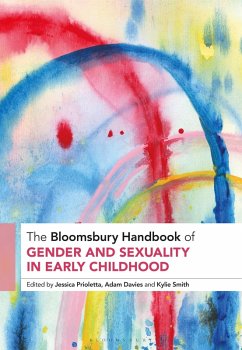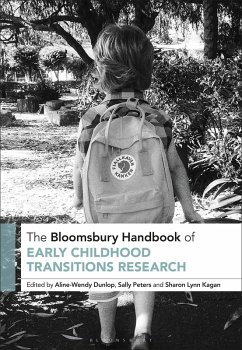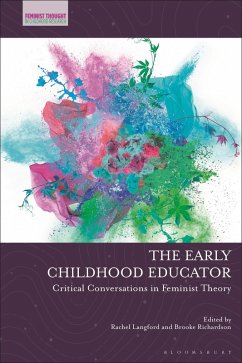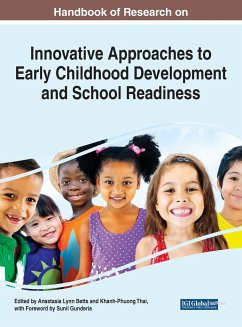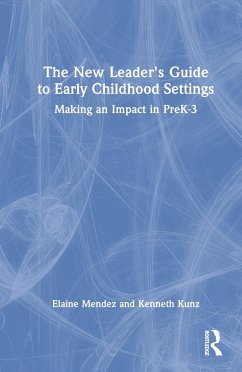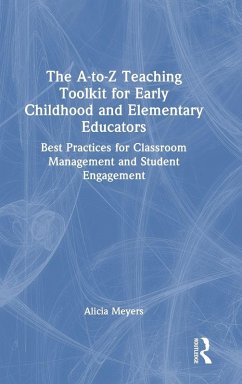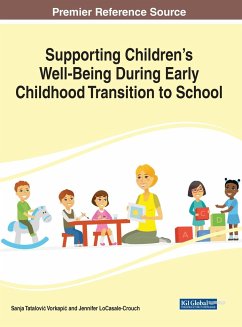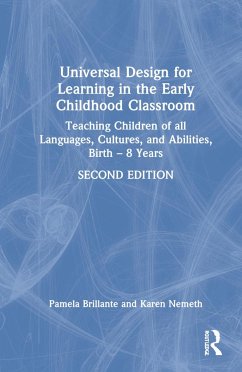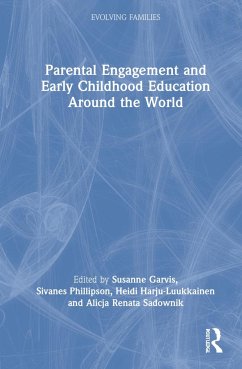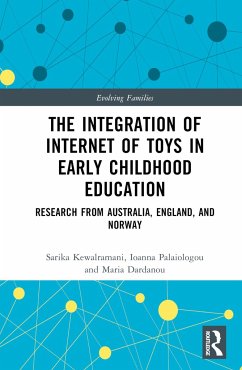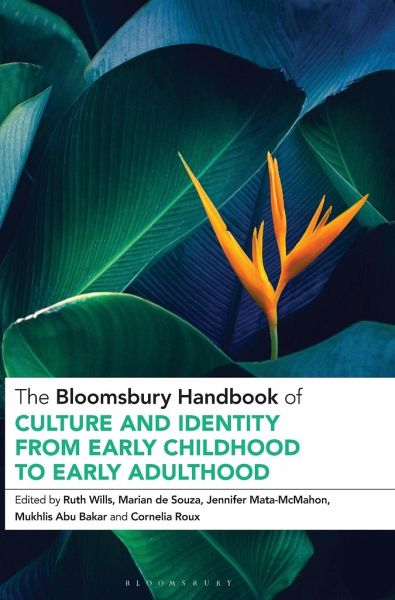
The Bloomsbury Handbook of Culture and Identity from Early Childhood to Early Adulthood
Perceptions and Implications
Herausgeber: Wills, Ruth; Mata-McMahon, Jennifer; De Souza, Marian
Versandkostenfrei!
Versandfertig in 1-2 Wochen
179,99 €
inkl. MwSt.

PAYBACK Punkte
90 °P sammeln!
How do children determine which identity becomes paramount as they grow into adolescence and early adulthood? Which identity results in patterns of behaviour as they develop? To whom or to which group do they feel a sense of belonging? How might children, adolescents and young adults negotiate the gap between their own sense of identity and the values promoted by external influences? The contributors explore the impact of globalization and pluralism on the way most children and adolescents grow into early adulthood. They look at the influences of media and technology that can be felt within th...
How do children determine which identity becomes paramount as they grow into adolescence and early adulthood? Which identity results in patterns of behaviour as they develop? To whom or to which group do they feel a sense of belonging? How might children, adolescents and young adults negotiate the gap between their own sense of identity and the values promoted by external influences? The contributors explore the impact of globalization and pluralism on the way most children and adolescents grow into early adulthood. They look at the influences of media and technology that can be felt within the living spaces of their homes, competing with the religious and cultural influences of family and community, and consider the ways many children and adolescents have developed multiple and virtual identities which help them to respond to different circumstances and contexts. They discuss the ways that many children find themselves in a perpetual state of shifting identities without ever being firmly grounded in one, potentially leading to tension and confusion particularly when there is conflict between one identity and another. This can result in increased anxiety and diminished self-esteem. This book explores how parents, educators and social and health workers might have a raised awareness of the issues generated by plural identities and the overpowering human need to belong so that they can address associated issues and nurture a sense of wholeness in children and adolescents as they grow into early adulthood.



